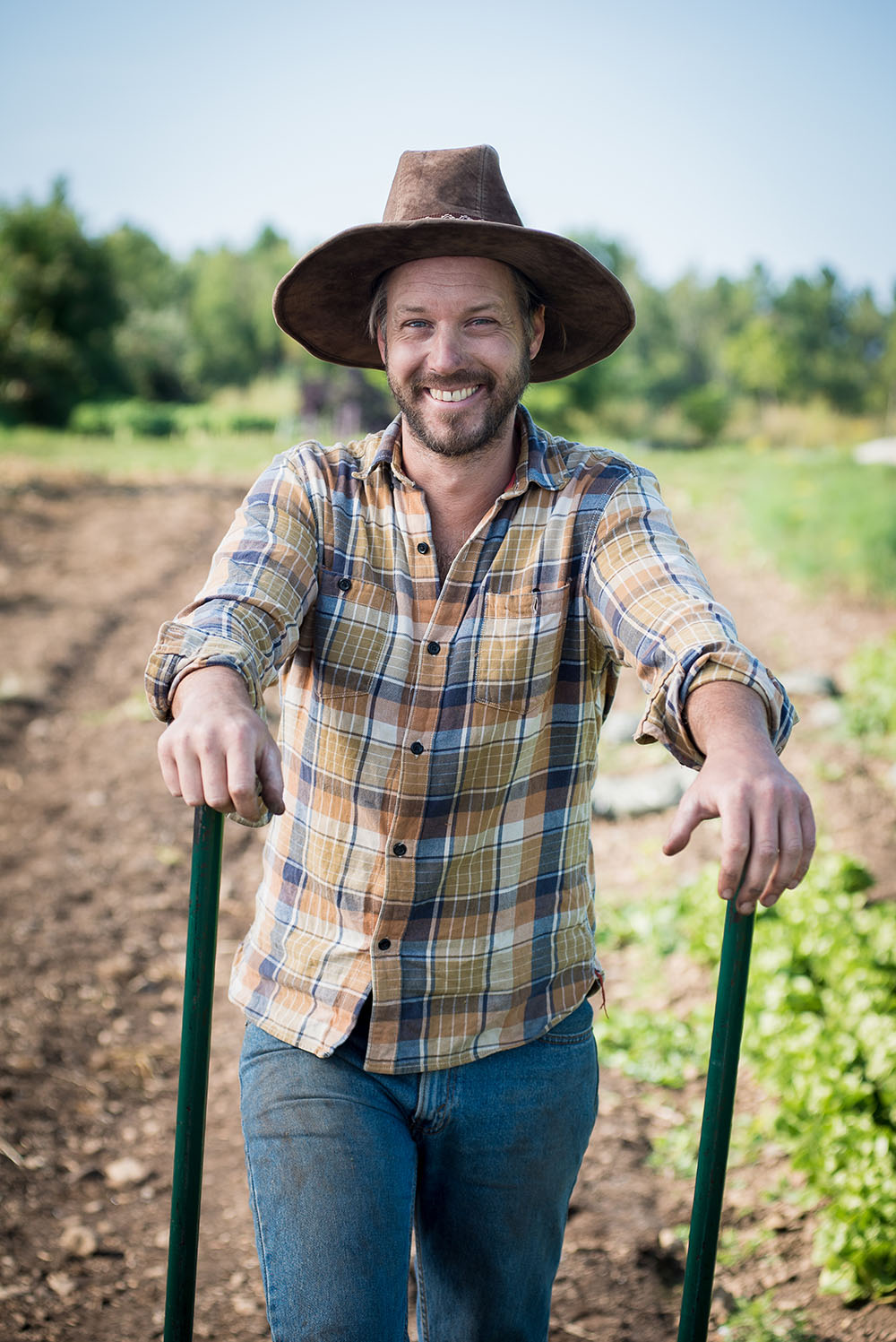Lean Ag Start-Ups
Is it possible to apply the business models that tech industry embraces in the Silicon Valley start-up community?
What are these models anyway?
Basically, lean start-ups apply a circular process to their venture.
The process starts with ideas, followed by the act of building results in the form of a product (or service), the performance of which is measured, and the data used to learn various facets about how successful the product is in the market.
The business owner hopefully comes away with some new ideas for improvement, which are then applied and the cycle repeats.
Lean start-ups are also characterized by a "fail fast" ethos, which translated into more meaningful English, means to commit as little energy as possible to investigate the viability of a venture in such a way that it's success or failure can be quickly determined.
But agriculture businesses are typically capital intensive activities. The land is expensive, as is much of the machinery needed to effectively farm the large acreage needed to extract profitability from low margin / high volume commodity products.
I have previously talked about the option of leasing land, which is a way to drastically reduce capitalization costs and subsequent debt loads.
But I have not yet discussed the issue of machinery and infrastructure costs and how they can be largely mitigated.
If a square meter of land can be utilized in such a way that the productivity is doubled, or even tripled, then the space required to generate a viable agricultural business reduces accordingly. With less land required, less machinery and infrastructure is also necessary.
So how small can you really shrink an operation and yet remain economically viable? You might be surprised to discover that it's smaller then you think...
 Curtis Stone started Green City Acres in Kelowna with only $8,000 and turned a profit of $20,000 in his first year.
Curtis Stone started Green City Acres in Kelowna with only $8,000 and turned a profit of $20,000 in his first year.His business is now generating $100,000 per acre of land due to his lean approach to market gardening.
Curtis uses a system called SPIN (Small Plot INtensive) and applies it to an urban setting where people let him convert their backyards to productive vegetable gardens in return for some of his produce.
He doesn't own the land, and the land comes with infrastructure such as water supply and electricity.
You can follow Curtis on Youtube where he publishes tips, updates, and how-to videos.
He also uses an intensive growing system in his market garden and generates revenues similar to Curtis.
Jean-Martin is currently engaged in a very interesting project called La Ferme des Quatre-Temps. This is a project attempting to demonstrate how farms of the future might operate by blending modern technology with models developed from nature.
Jean-Martin is known for his ability to produce industrial quantities of produce without the industrial equipment (and associated price tag).



No comments:
Post a Comment